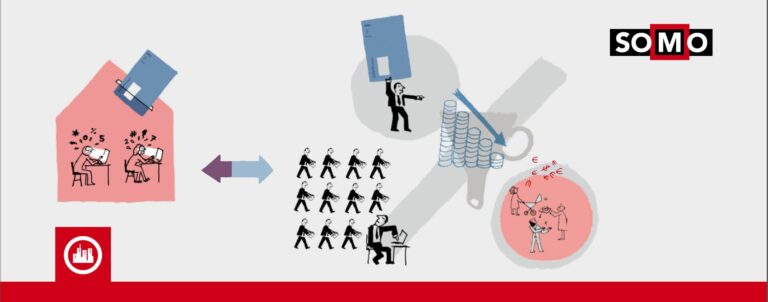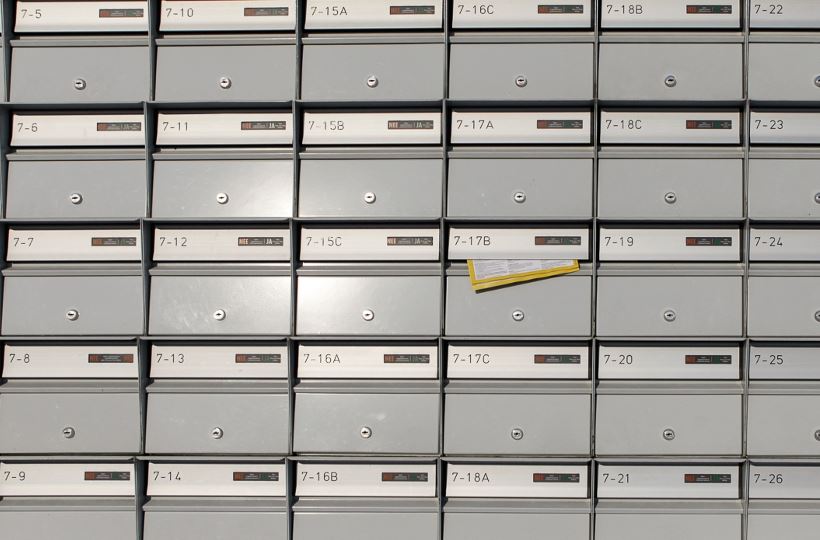
Europe for a fair tax system
Paying taxes: nobody can avoid it. Or so you might think. Nevertheless, companies and wealthy individuals manage to minimise their tax payments using clever fiscal structures through tax havens and secrecy jurisdictions. Whoever thought that this was only possible on faraway islands with white, sandy beaches and palm trees is mistaken, because you do not have to search too far. The Netherlands plays a major role in international tax dodging.
The European Union has other tax havens: for example, Ireland and Luxembourg are also widely used by multinationals for the purpose of avoiding tax. These EU countries have a so-called “attractive fiscal climate” through which they sustain a system in a legal but immoral way under which other countries suffer.
Why is tax avoidance such a problem?
Tax avoidance is a huge problem for countries within as well as outside the European Union. Annually, the EU loses about € 150 billion through tax avoidance. Meanwhile, the same EU lent billions to southern European countries during the economic crisis in order to save their economies. In times of crisis, it is even less justifiable that companies effectively pay less and less tax whilst income taxes have risen for citizens. What’s more, citizens are paying the cost of the crisis as a result of severe austerity measures, while simultaneously being the ones who have been hit hardest by the crisis; yet the multinationals remain out of range.
Tax avoidance through the EU not only affects us, the citizens. Developing countries also miss out on vast amounts of money each year due to tax avoidance by multinationals, through, amongst others, the EU. The amount that developing countries miss out on annually through tax avoidance is at least as much as € 115 billion. This is twice as much as the total amount that EU member states spend annually on development co-operation (€ 55.2 billion in 2012). Whilst European countries intend to contribute to sustainable development in other parts of the world, enormous sums of money are being drained from developing countries through tax avoidance and evasion. This is money that these countries desperately need for public services such as education and healthcare.
What can the EU do to tackle this?
Political will is needed to tackle tax avoidance at a European level. Together the member states can make a real difference by not only banning tax avoidance from the EU but also by setting a proper example to the rest of the world.
Call on the EU and politicians to:
Incerease transparency. Companies must publicly report, for each country they are active in on the sort of activities, profits, tax payments and the number of employees. Everyone must be able to check how much profits these companies generate in each individual country and how much tax they pay there. The EU must work to foster commitment from national governments to make public who the ultimate owner of a company is. In other words, who gets the money; so that corrupt dictators are no longer able to hide their money in countries such as the Netherlands, as is happening at the moment. Read more in this SOMO editorial article ‘Paradise for thieves and dictators’(opens in new window) .
Demand that anti-abuse measures are implemented in national legislation and that all member states actively tackle the abuse of tax rules. Agreements, treaties, exceptions and other policies may only be used by companies that actually develop economic activity in a country. Just as fictitious people cannot make use of mortgage relief, letterbox companies should not be allowed to claim tax benefits. For this reason, the EU must ensure that all member states introduce effective anti-abuse measures and that they all actively work towards countering abuse.
Advocate an alternative tax system that ensures that a company pays its fair share of tax in every country based on its economic presence. A company must be seen as a single entity so that shifting profits within a multinational becomes impossible.
What can you do?
On 22 May you can go to the polling booth to cast your vote. If you would like to know how and whether the various Dutch parties want to change the tax system, visit www.fairpolitics.nl/fairkiezingswijzer(opens in new window) (Dutch only).
If you want to let your voice be heard before 22 May, Call on a multinational to pay fair taxes (opens in new window) (Dutch only).
Partners
Related content
-

-
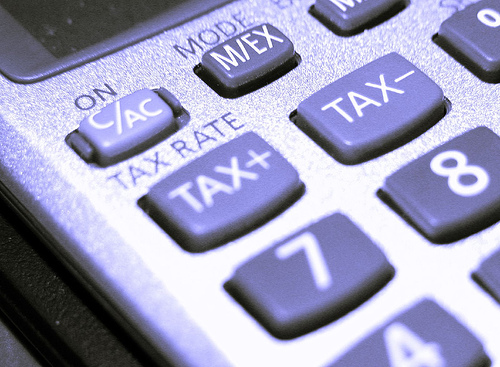
-
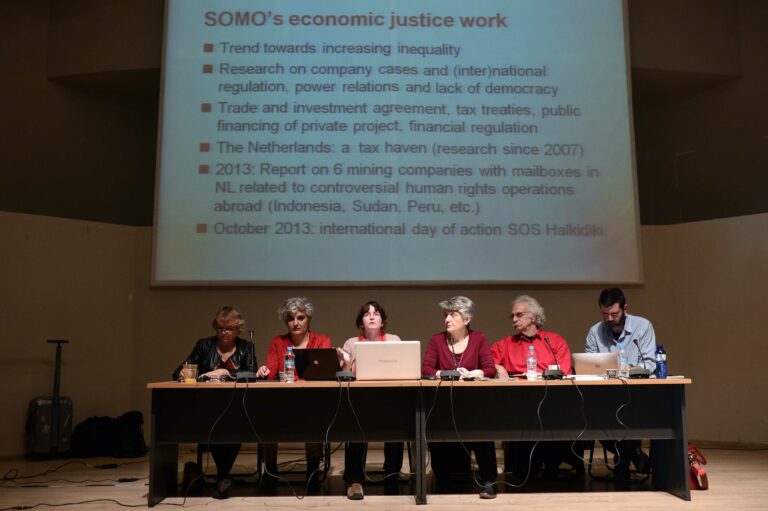 The Netherlands lags further behind in tackling tax avoidancePosted in category:NewsPublished on:
The Netherlands lags further behind in tackling tax avoidancePosted in category:NewsPublished on: -
Big Companies, Low Rates Published on:
 Indra RömgensPosted in category:Publication
Indra RömgensPosted in category:Publication Indra Römgens
Indra Römgens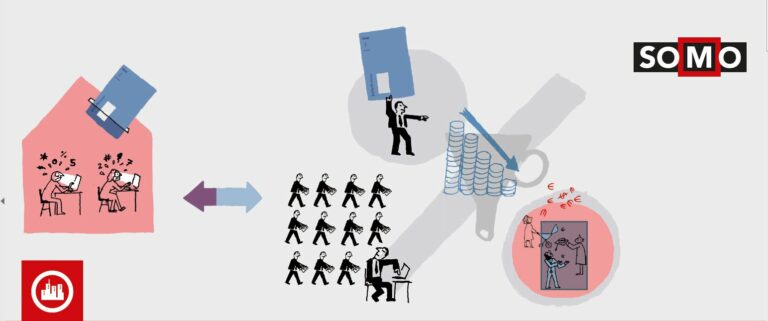
-

-
